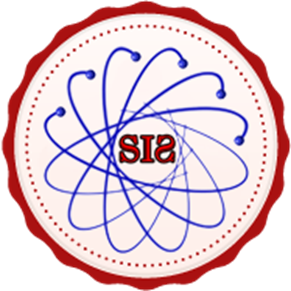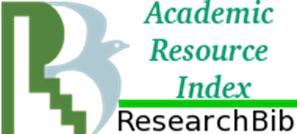Role Identity, Self-Disclosure and Expectations in Married Men and Women
Keywords:
Role identity, self-disclosure, communication, expectationsAbstract
The present study investigated the relationship between Role Identity, Self-Disclosure and Expectations in Married Men and Women. Using quantitative approach data were collected from 300 married men and women (men=164 and women= 136) through a convenient sampling method. The Demographic Questionnaire, The Gender Role Beliefs Scale, The Relationship Standard Questionnaire, and The Self-Disclosure Index were employed. Correlational analysis revealed that Role Identity and Self-Disclosure were significantly associated with Expectations. The Hierarchical regression analysis findings suggested that Role Identity is a negative predictor while Self-disclosure is a positive predictor of Expectations, with all blocks found significant. Mediation analysis indicated that Role identity has a positive relationship with self-disclosure, which in turn predicts marital expectations, while role identity does not have a significant direct relationship with marital expectations. This study had the potential to make a significant contribution to our understanding of role identity, self-disclosure and expectations in married men and women in Pakistan. The findings can be used to inform interventions that can improve the well-being and academic success of students. The findings can inform interventions aimed at enhancing relationship satisfaction, improving communication and supporting couples in managing expectations.
Downloads
Published
Issue
Section
License
Copyright (c) 2024 Alishba Tariq, Hamna Zahid (Author)

This work is licensed under a Creative Commons Attribution-NonCommercial-NoDerivatives 4.0 International License.













